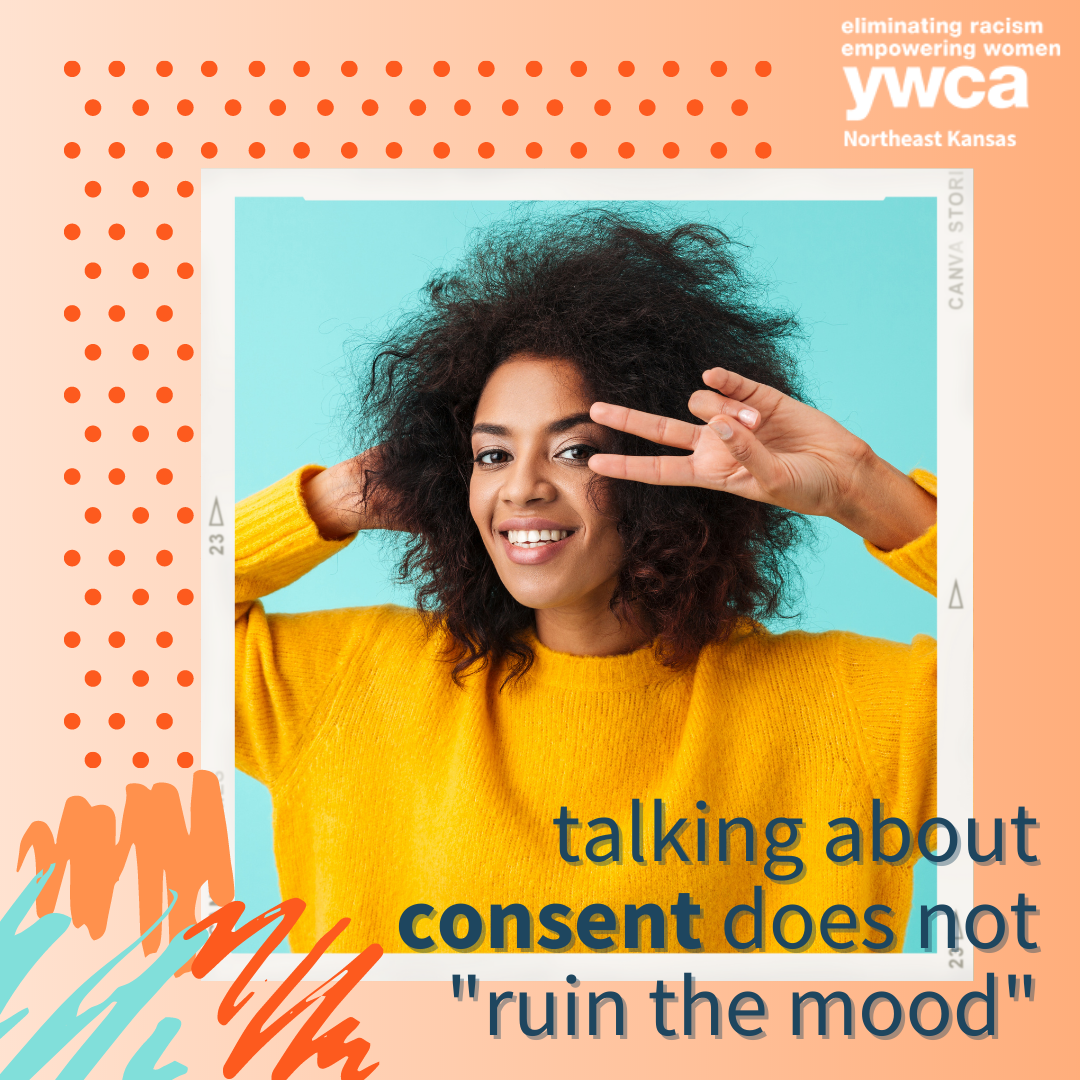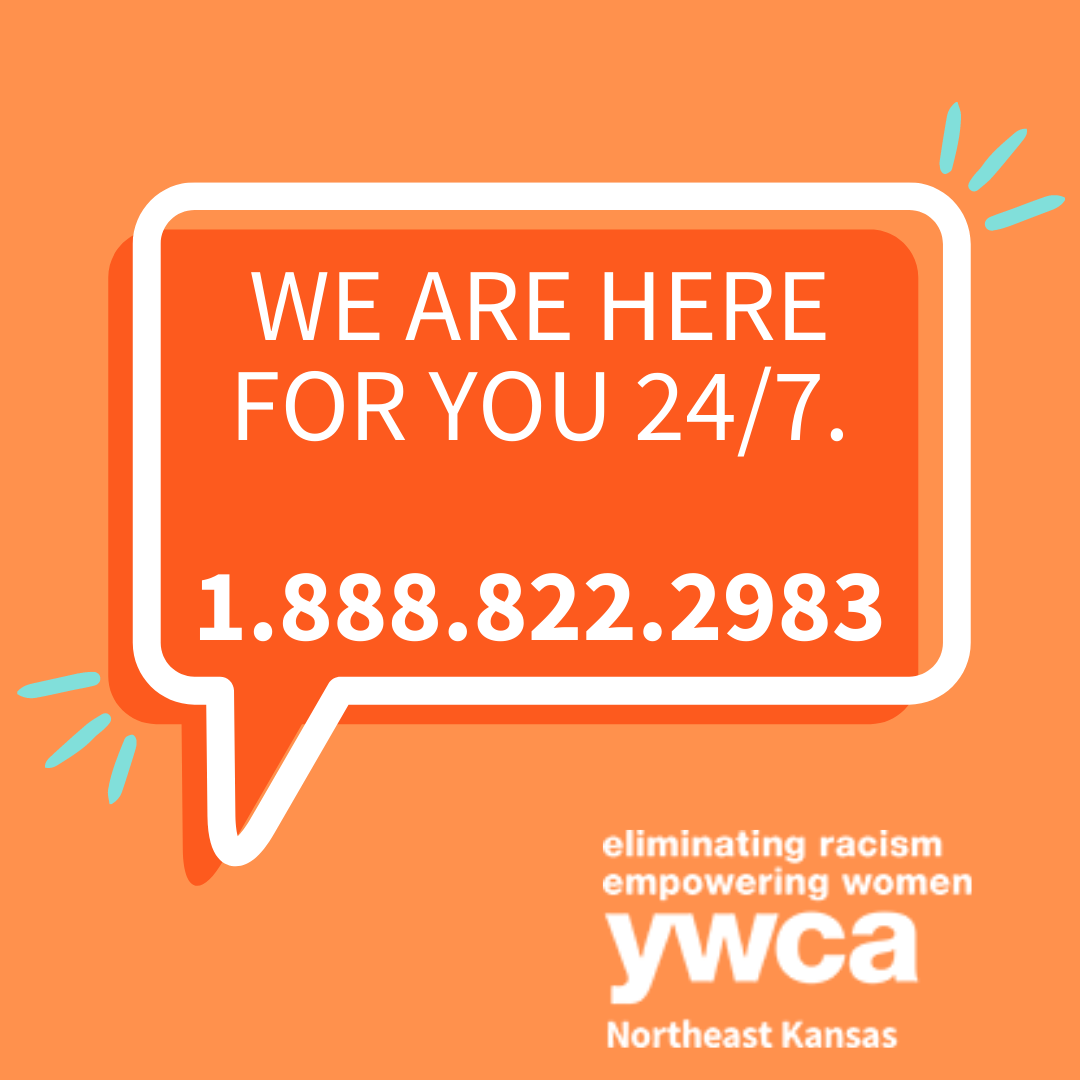Healthy Relationships Are for Everyone: Teen Dating Violence Prevention & Awareness
February is Teen Dating Violence Awareness & Prevention Month. The YWCA Center for Safety and Empowerment offers resources, services, and education for adolescents and young adults in dating relationships.All relationships exist on a spectrum, from healthy to unhealthy to abusive. The most important thing to remember is that everyone deserves a healthy relationship! Check out our latest YWednesday video chat about healthy relationships and teen dating violence prevention, and keep reading below to learn about some of the red flags that might be present in unhealthy or abusive teen dating relationships - and what to do if you may be experiencing an unhealthy or abusive relationship.https://youtu.be/lw_9bFkzt_Y
Digital Disrespect
Teens today experience a lot of their communication virtually, and digital abuse is real. According to Urban Institute, 1 in 4 teens are harassed through technology. Digital dating violence is the use of texting and social media to bully, harass, stalk or intimidate a partner. Remember: ALL communication in a healthy relationship is respectful! It is NEVER okay for your partner to use words or actions to harm you, belittle you, control you, manipulate you or make you feel unsafe.
Gaslighting
Gaslighting is a form of emotional abuse where one person uses manipulation, deflection, invalidation, minimization, accusations and blame-shifting to control the other person and the relationship. Experiencing gaslighting can leave someone feeling confused, anxious, powerless, silenced, guilty and isolated. You are not to blame for what you are experiencing, and your feelings are valid. Healthy disagreements can look like:
- Honoring another person’s opinion while expressing your own
- Setting and respecting boundaries
- Mutual respect for another person’s point of view and perspective
 Not Confirming Consent
Not Confirming Consent
Consent is simple! In a healthy relationship, all partners are able to talk openly and freely about what activity they want to and do not want to do. It’s important for all partners in a relationship to feel comfortable and safe, every step of the way, every time. Everyone has a right to their own body and choices. Consent should always be a clear and enthusiastic yes, and you can change your mind at any time! Wondering if your partner consents? Just ask them! Some simple and low-pressure ways to ask for consent include “Are you comfortable?”, “Do you want to slow down or stop?” and “Do you want to go further?”
Love Bombing
Picture this: At the beginning of the relationship, everything seems perfect – maybe even too perfect. You have found someone who is into you and showers you with attention, love, gifts, validation and affirmation. You feel special, needed, loved, valuable and worthy. But later on, the relationship turns into something you don’t recognize. Love bombing is a form of emotional abuse, and it is characterized by excessive attention, admiration and affection, and it is a tactic used by abusers to make the other person feel dependent and obligated to them. Not only is it extremely manipulative, but it can also be very hard to suss out when it is happening. Here are some signs of love bombing:
- Lots of gifts and over-the-top compliments
- Constant texts, calls, and messages
- Constantly needing reassurance
- Wanting a commitment right now
Key Takeaways
Healthy relationships depend on a few key elements: healthy communication, boundaries, mutual respect and support for one another. It is okay to feel jealous or insecure at times (we all do!), but it is never okay to use those feelings as an excuse to control, isolate or disrespect your partner or their boundaries. Relationships are complicated, but if you notice any "red flags", it is always your choice to try to work through them with your partner, or walk away from an unhealthy or abusive relationship.
And if you need help with any of these relationship issues...
We Are Here for You
Whether you are single, dating, married or “it’s complicated,” EVERYONE deserves a safe, respectful, and healthy relationship! If you are concerned about your relationship, want to support a friend, or you just have questions and want to talk, advocates at the Center for Safety and Empowerment are available 24/7/365 via our FREE and CONFIDENTIAL helpline at 1.888.822.2983.

